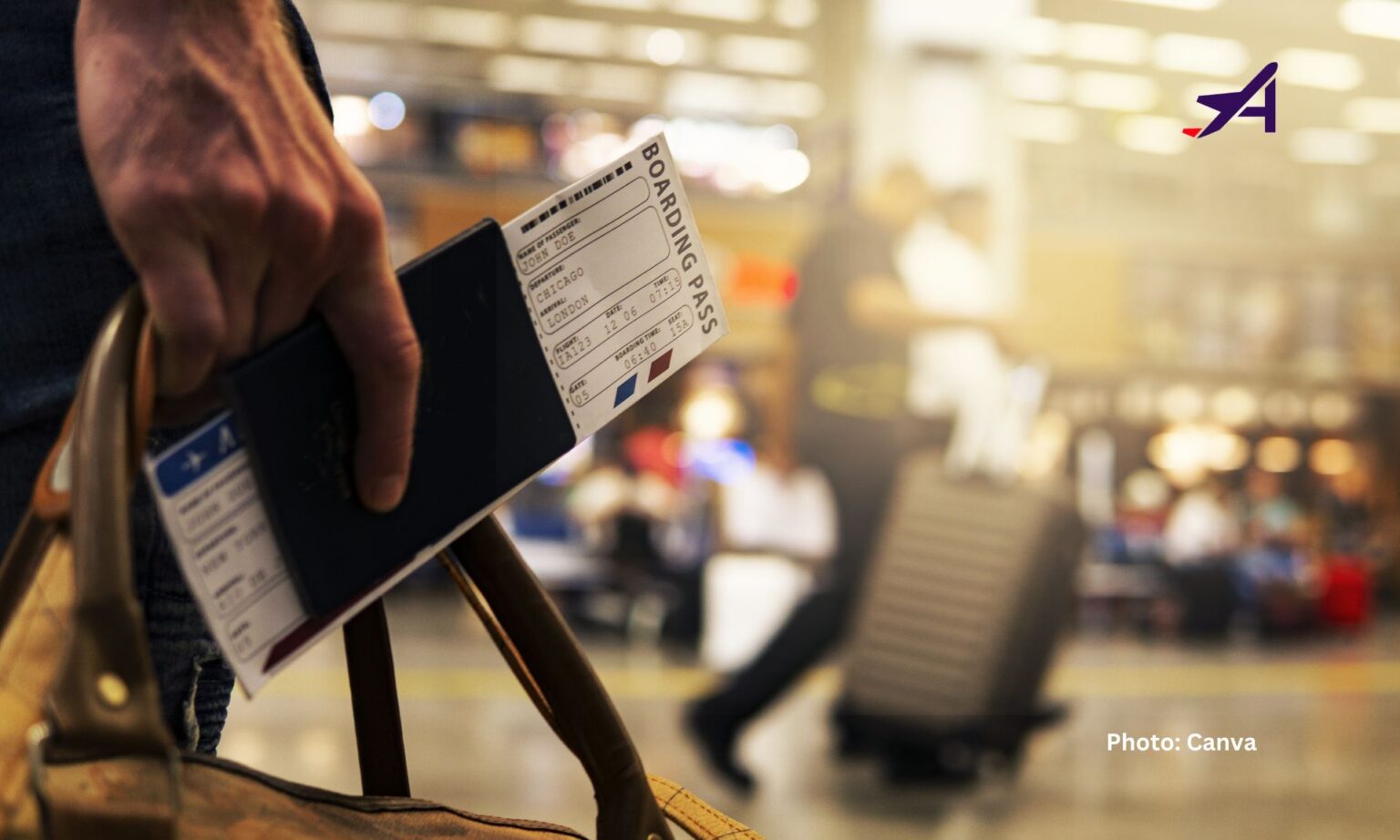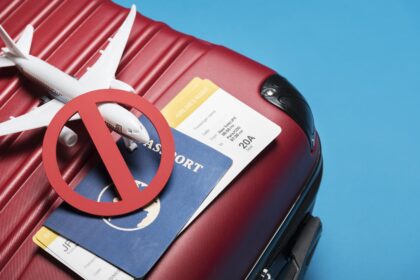Dreaming of leaving the 9-to-5 grind to explore the world? It may feel like an unattainable goal, but with intentional planning and discipline, it’s possible to save enough money to quit your job and travel full-time. In this guide, we share our journey, practical tips, and actionable strategies to help you turn your travel dreams into reality.
Defining the Dream: Setting Clear Goals
The first step to saving enough money is understanding why you want to travel. For us, the motivation was to experience new cultures, meet people, and escape the monotony of corporate life. This clarity helped us set financial and logistical goals.
Key Takeaways:
- Decide on your travel style: Budget backpacking, mid-range travel, or luxury trips.
- Research destinations: Identify affordable countries to stretch your savings.
- Set a target amount: Estimate expenses like flights, accommodation, meals, insurance, and emergencies.
Assessing Finances: Taking Stock of Income and Expenses
We began by auditing our financial situation. Knowing how much we earned, spent, and saved was crucial to creating an achievable savings plan.
Steps We Took:
- Track Expenses: We used apps like Mint to monitor where our money was going.
- Categorize Spending: We divided our expenses into essentials (rent, groceries) and non-essentials (subscriptions, dining out).
- Identify Waste: We discovered significant savings by cutting out unnecessary spending.
Quick Tip: Start a savings tracker to visualize your progress.
Cutting Costs: Living Below Our Means
Adopting a frugal lifestyle was the cornerstone of our savings strategy. Every dollar saved brought us closer to our goal.
Housing Hacks
- Downsized from a two-bedroom apartment to a studio.
- Rented out a spare room on Airbnb for extra income.
- Moved to a more affordable neighborhood.
Transportation Savings
- Sold one of our cars and relied on public transit or biking.
- Used carpooling services for longer commutes.
- Avoided ride-shares unless absolutely necessary.
Smart Shopping
- Switched to buying groceries in bulk and cooking at home.
- Used cashback apps like Rakuten for online purchases.
- Opted for secondhand stores for clothing and furniture.
Impact: By making these changes, we reduced our monthly expenses by 40%, accelerating our savings timeline.
Boosting Income: Earning More While Saving

While cutting costs helped, increasing our income made a significant difference. Here’s how we did it:
Side Hustles
- Freelancing: We leveraged skills like graphic design and writing on platforms like Upwork.
- Selling items: We decluttered and sold unused items online.
- Tutoring: Sharing expertise in subjects we excelled in added extra cash flow.
Overtime and Promotions
- Took on additional projects at work to earn bonuses and overtime pay.
- Strategically negotiated raises to boost our salaries.
Passive Income
- Invested in dividend-paying stocks.
- Created digital products, like eBooks, that continued to earn after completion.
Pro Tip: Automate side hustle earnings into a high-yield savings account to grow your funds faster.
Smart Banking: Optimizing Savings
To ensure we were maximizing our savings, we restructured our banking habits.
High-Yield Savings Accounts
We opened accounts offering 3-5% interest rates to make our money work for us.
Automated Transfers
We set up automatic deposits from our paychecks to our savings account, ensuring consistent growth.
Zero-Fee Banking
Switched to banks with no maintenance fees and free ATM access, saving us an additional $200 annually.
Adopting a Minimalist Lifestyle
Minimalism not only saved us money but also prepared us for the lighter lifestyle required for travel.
What We Did:
- Decluttered our home, keeping only essentials.
- Stopped buying trendy gadgets or fast fashion.
- Embraced experiences over possessions, which aligned with our travel goals.
Result: Less clutter, less spending, and more mental clarity.
Researching and Planning Travel Costs
An essential part of our journey was knowing exactly how much we needed to save.
Budgeting for Destinations
- Tracked cost-of-living indexes for different countries.
- Focused on budget-friendly regions like Southeast Asia, Eastern Europe, and South America.
Travel Hacks
- Signed up for travel rewards credit cards to earn points for free flights and hotels.
- Monitored fare alerts to snag deals on flights.
- Opted for long-term Airbnb stays to get discounts.
Building a Safety Net
To travel stress-free, we saved not only for our adventures but also for unforeseen circumstances.
Emergency Fund
We set aside six months’ worth of living expenses in a separate account.
Travel Insurance
Purchased comprehensive travel insurance to cover health emergencies, cancellations, and theft.
Quitting Our Jobs: Making the Leap
The decision to leave stable jobs was daunting but liberating. Here’s how we prepared for the transition:
Creating Exit Plans
- Informed our employers months in advance to ensure a smooth departure.
- Built strong references for potential future work.
Securing Future Options
- Kept our professional networks active via LinkedIn.
- Started blogging about our travel experiences to create an income stream.
Traveling on a Budget: How We Made It Work
Once we started traveling, maintaining a frugal mindset helped our savings last longer.
Accommodations
- Stayed in hostels, guesthouses, and Couchsurfing homes.
- Volunteered through programs like Workaway for free lodging.
Food
- Cooked meals using local ingredients.
- Ate at local street markets instead of restaurants.
Transport
- Used budget airlines and night buses for long distances.
- Walked or biked to explore cities.
Lessons Learned and Final Thoughts
Traveling full-time taught us invaluable lessons about life and money. Here are a few takeaways:
- Flexibility is key. Plans change, and being adaptable saves stress and money.
- Experiences outweigh possessions. The joy of travel lies in people and culture, not material things.
- You don’t need to be rich to travel. With careful planning, anyone can achieve this lifestyle.
In another related article, Where to Eat in Gozo on a Budget






